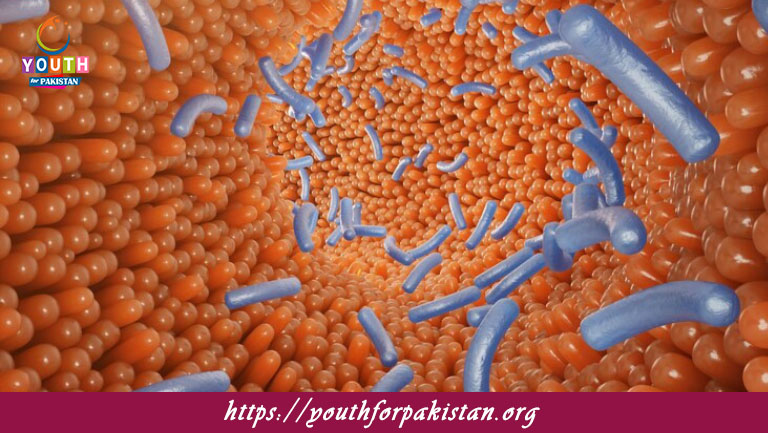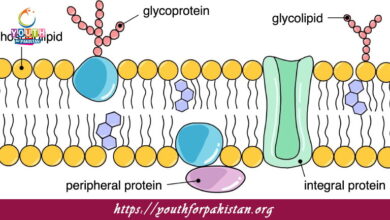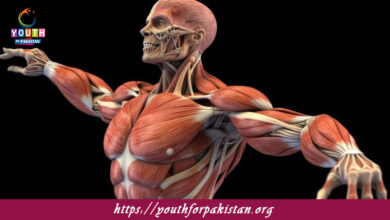Factors Effecting Rate Of Enzyme Action MDCAT Quiz with Answers

Factors Effecting Rate Of Enzyme Action MDCAT Quiz; The rate of enzyme activity is affected by many factors that determine how well an enzyme catalyzes a reaction. You need to understand these factors for MDCAT preparation because this helps explain how enzymes work under various conditions and why these variables are important in biological processes. Practicing with an MDCAT Quiz will help you reinforce these factors and improve your performance on the exam.
Key Factors Influencing Enzyme Activity
A number of factors affect the rate at which enzymes catalyze reactions. The most important factors include:
Temperature: The activity of enzymes increases with temperature since higher temperatures have more energy to cause collisions between enzyme and substrate molecules. However, at very high temperatures, the enzyme denatures; that is, it loses its functional shape and, consequently, its activity.
pH: Each enzyme has an optimum pH at which it is most active. Deviations from the optimum pH result in changes in the structure of the enzyme and a reduction in activity. For instance, pepsin, an enzyme in the stomach, has its optimum pH in an acidic medium.
Enzyme Concentration: Increase in the enzyme concentration causes an increase in the rate of reaction as more enzyme molecules become available to catalyze the reactions; this, however, after a certain point reaches a plateau where the reaction rate will level off since the substrate becomes the limiting factor.
Substrate Concentration: In this case, when the substrate concentration is increased, this likewise leads to the increased rate of the reaction only up to that optimal point wherein all the active sites in the enzyme are filled—once all the enzymes’ active sites are completely occupied with substrates. Thus, additional substrate no longer increases the velocity of the reaction.
MDCAT Quiz on Factors Affecting Enzyme Action
Preparation for MDCAT can best be achieved through practice, and taking this MDCAT Quiz on factors that affect the action of enzymes—like temperature, pH, concentration of the enzyme, and substrate concentration—can provide practice, giving one confidence before the exam.
Free Flashcards for Enzyme Activity
Improve your study routine with Free Flashcards to memorize the factors affecting enzyme action. The flashcards are designed with important points and visual representations of how changes in temperature, pH, and concentration influence the efficiency of an enzyme. Your learning will be reinforced by consistent use of these flashcards, ensuring you memorize critical information to recall during the MDCAT exam.
Mastering the factors that affect enzyme action is an essential component of MDCAT success. Use of quizzes and flashcards in your study routine will ensure a strong grasp of enzyme kinetics and improve retention so that you can be more confident when you tackle related questions in your exams.

The increase in the concentration of _______ generally increases the rate of enzyme activity.
Substrate

The amount of _______ can affect the rate of enzyme action by either inhibiting or activating enzymes.
Cofactors

At high substrate concentrations, the enzyme reaches _______ where increasing substrate does not affect the rate.
Saturation

An enzyme will stop working at a _______ temperature due to the denaturation of its active site.
High

_______ inhibitors bind to a site other than the active site and alter the enzyme's structure.
Non-competitive

Enzyme activity decreases when the substrate concentration is _______ relative to enzyme concentration.
High

If a substrate concentration exceeds the _______ of the enzyme, the rate of reaction will plateau.
Binding capacity

At low substrate concentrations, the rate of enzyme activity is _______ to the substrate amount.
Directly proportional

Enzyme activity can be modulated by the presence of _______ molecules that stabilize their active form.
Activators

Enzymes are _______ when they lose their three-dimensional structure due to environmental factors.
Denatured

The rate of enzyme activity is affected by the _______ of the enzyme in the reaction mixture.
Concentration

The concentration of _______ is typically kept constant in the cell, but its availability affects enzyme action.
Coenzymes
Experience the real exam environment with our expertly designed collection of over 25,000 MCQs MDCAT Mock Tests.





